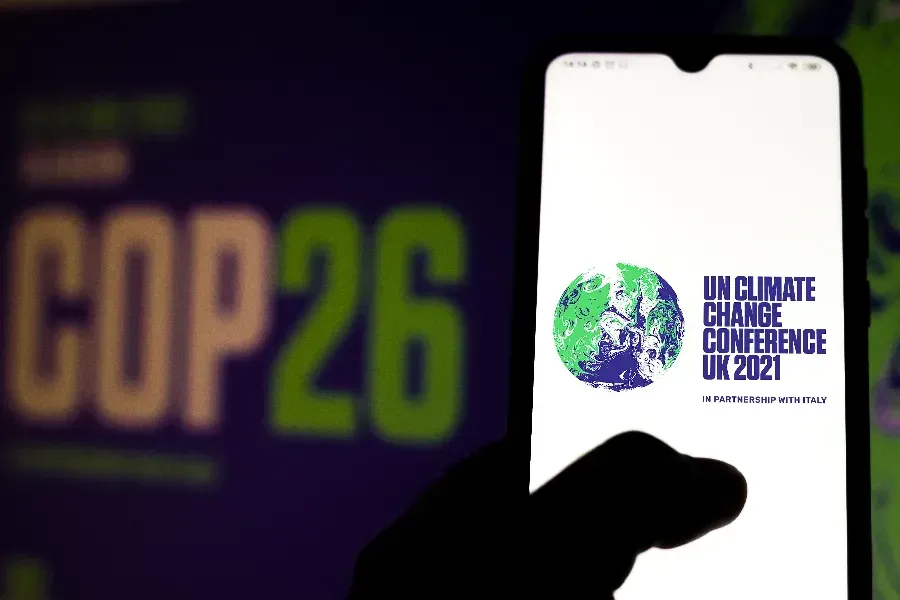Jos, 13 November, 2021 / 11:20 am (ACI Africa).
As world powers prepare to conclude the landmark COP26 climate summit in Glasgow, the leadership of the overseas development agency of the Catholic Bishops of Ireland, Trócaire, has decried the role of powerful corporations in contributing to the climate crisis and environmental degradation.
In a Thursday, November 11 report obtained by ACI Africa, the CEO of Trócaire, Caoimhe de Barra calls on states to take “serious and far-reaching” transformations that are necessary in addressing effects of climate change.
Ms. Barra notes that while a negligible percentage of the global population is responsible for climate change, a majority of people are left to suffer the consequences.
“Just 100 companies, including the largest oil, coal and gas companies, are responsible for 70 percent of all global carbon emissions to date,” she notes, and adds, “It is clear that we cannot address the climate crisis without also addressing the issue of corporate accountability.”
In recent years, Ms. Barra says, “there has been a huge rush for natural resources, and corporations are trampling on people’s rights and destroying the environment in the process.”








